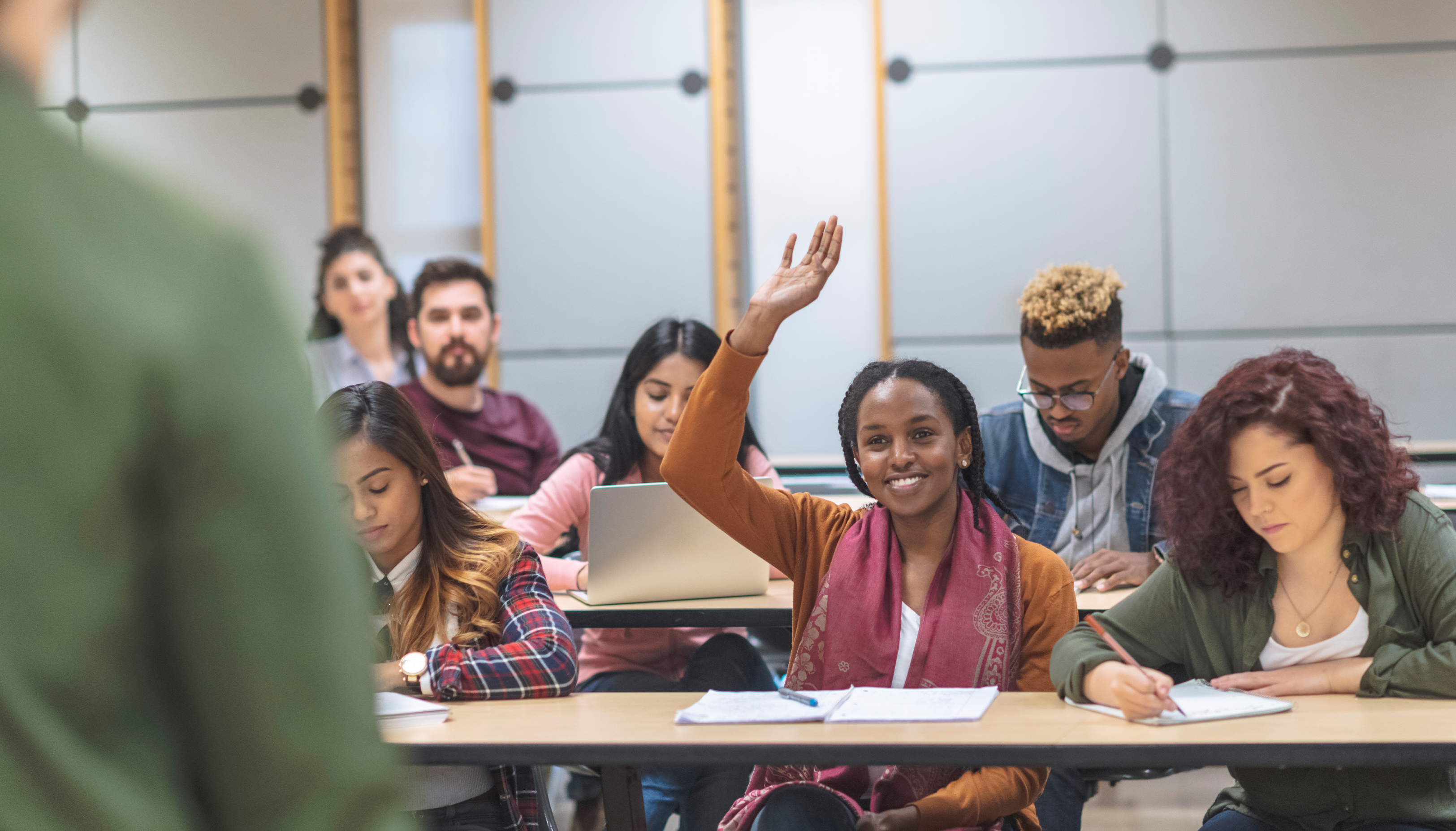By Susan L. Smith, Lecturer of Cognitive Science
We are, hopefully, nearing the end of a harrowing pandemic that has further exposed the racial, ethnic, and economic disparities that exist in the United States. In the midst of the pandemic, Black Lives Matter brought to the forefront something that many of us have known for a long time: racism and harmful racial disparities must stop. To that end, an increasing number of faculty and staff across our campus have risen to the challenge of ensuring an inclusive community at Rensselaer Polytechnic Institute.
During the summer of 2019, approximately 40 faculty and staff members from across the Rensselaer community participated in a two-day intergroup dialogue (IGD) workshop facilitated by the University of Michigan’s Program on Intergroup Relations. IGD is a method used to allow individuals to understand the influence of social identity, and specifically, gender, racial, and ethnic identity, on intergroup relations. This work encourages people to analyze contemporary issues at the intersection of social identity and social conflict and to utilize dialogic communication to promote equity and inclusion.
This past spring semester, the Center for Teaching and Learning sponsored their 21st annual “Teaching and Learning Colloquium: Talking About Teaching — Creating Inclusive Classrooms” at Rensselaer, which covered topics including trauma-informed teaching, deep listening pedagogy, eliminating exclusion in classrooms, issues facing LGBTQ+ students, and understanding disability and neural diversity in teaching and learning.
This summer, 40 faculty and staff members will participate in an advanced IGD workshop that will further engage participants in the practice of inclusive curriculum design and IGD facilitation skills. This experience is designed to prepare participants to facilitate dialogue across social identities and the historical, psychological, and sociological impacts of dominant narratives. The objective is for participants to engage in open and constructive dialogue, learning, and exploration concerning issues of intergroup relations, conflict, and community. The curriculum will provide continued opportunities for self-exploration and group bonding among the IGD-trained faculty and staff, and will explore next steps for participants, personally, and for Rensselaer, institutionally.
This work on its own is not enough to eliminate all of the barriers to inclusivity that our faculty, students, and staff face. An inclusive campus is an ongoing effort that we all must be committed to and actively work to create.

